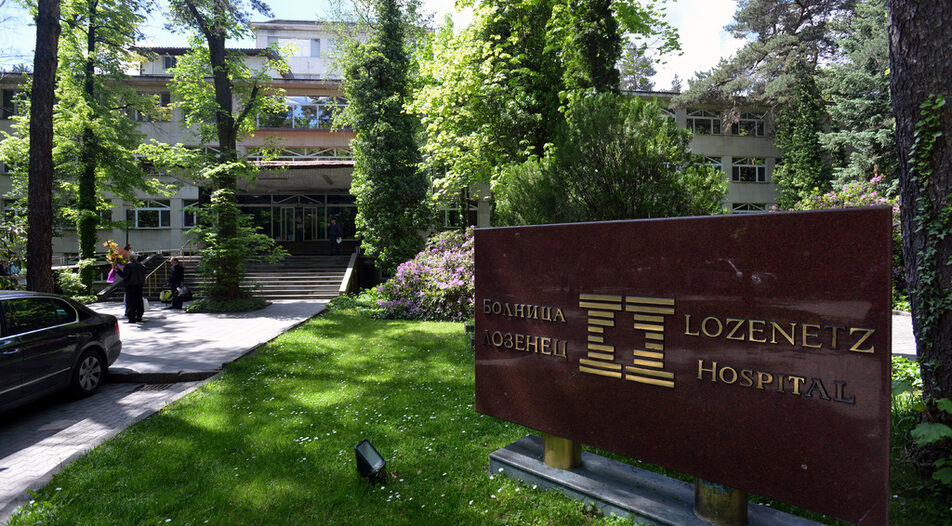Bulgaria's economy will recover to pre-crisis levels in the last quarter of 2021, according to the chief economist of UniCredit Bulbank Kristofor Pavlov. The relatively quick recovery is due to two factors - firstly, Bulgaria didn't have significant outstanding macroeconomic imbalances at the start of the crisis, and secondly, government stimulus for 2020 and this year, in addition to expected funds from the EU Recovery plan, will spur economic activity and growth.
Teva to build pharma plant in Dupnitsa
Israeli pharmaceutical group Teva has announced plans to invest 42 million US dollars in a new production facility for medicines in Dupnitsa. The plant will begin operations at the end of 2023 following the approval of drug regulators.
Hemus subcontractor paid in advance 84m with no construction permit issued
A company that supplies materials for the construction of the Hemus highway has received 84 million levs in advance, before the start of expropriation procedures, and without even knowing exactly when construction of the highway section will begin. Avtomagistrali had signed a contract worth 98 million levs for the section in 2020, the bulk of which has already been paid.
Ministry of the Interior investigates violations in 14 transplants in Lozenets hospital
The Ministry of the Interior's general directorate for the fight against organized crime is investigating 14 transplant procedures performed in Sofia-based Lozenets hospital, Interior Minister and Deputy Prime Minister Boyko Rashkov said. Rashkov says that initial evidence points to serious violations of the law and medical practice.
Bulgaria's economy will recover to pre-crisis levels in the last quarter of 2021, according to the chief economist of UniCredit Bulbank Kristofor Pavlov. The relatively quick recovery is due to two factors - firstly, Bulgaria didn't have significant outstanding macroeconomic imbalances at the start of the crisis, and secondly, government stimulus for 2020 and this year, in addition to expected funds from the EU Recovery plan, will spur economic activity and growth.












